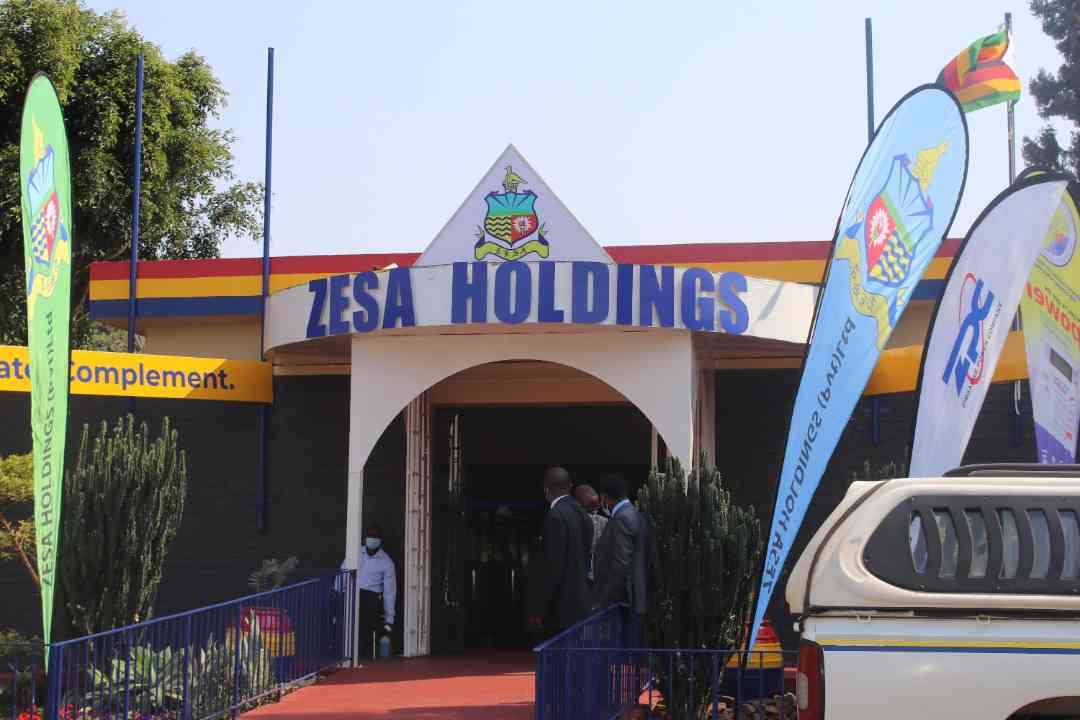
POWER utility, Zesa Holdings (Zesa) owes US$350 million for renovations at the Kariba South Power Station as its foreign currency obligations continue to weigh down its operations.
Kariba South currently has a capacity of 1 050 megawatts (MW), but is only producing 250MW because of depleted water levels at the lake due to climate change.
Zesa owes US$2 billion, which it has been failing to service owing to a subsidised tariff regime that had been prevailing over the years.
As previously reported, the average price per kilowatt hour for electricity in the region is US$0,1254, but locally, Zesa was charging US$0,10, leaving it operating from a loss-making position.
But an increase in November 2023 saw Zesa charge US$0,12 per kilowatt-hour, though still below the regional average.
In an update on the current state of electricity supply in Zimbabwe, the Parliamentary Portfolio Committee on Energy and Power Development revealed that the Kariba and Hwange power plants infrastructure was built three to six decades ago.
“According to Zesa Holdings, they possess huge loan burden in renovating some of the units at Kariba, South which amounts to $350 million,” the committee said.
“Zesa created a huge debt burden on the utility, including foreign currency commitments for loan repayments and spare parts purchase.
- ED turns to Hichilema for power supplies
- Low tariffs weigh down ZETDC
- ‘Systems disturbance hits Hwange Power Station’
- Zesa doubles power charges
Keep Reading
“Management added that repayments need to be done in foreign currency, and they have resorted to exporting power in order to generate foreign currency.”
The committee called on Treasury to support Zesa in servicing its debt.
“Treasury should timely disburse funds to service loans for power projects to ease Zimbabwe’s history of debt servicing challenges and improve the country’s creditworthiness and facilitate access to affordable energy financing,” the committee said.
These foreign currency obligations are causing the power utility to be left unable to service even the Hwange Thermal Power Plant, which has the capacity to generate 1 520MW, is only managing 760MW.
“Inasmuch as the transmission and distribution lines are functioning well, Zesa management highlighted that Zimbabwe is still facing serious power outages because the distribution supply of electricity is not meeting the nations demand,” the committee said.
“The committee noted that the major challenge is of all power plants not producing their optimum capacity. In addition, ZPC (Zimbabwe Power Company) pointed out that Kariba South is producing 250MW only, Hwange power station is producing 750MW and IPPs are adding 69MW making a total of 1079MW which cannot sustain the whole nation yet the nation’s demand is from 1 500MW to 2 350MW.”
The committee revealed that Zimbabwe Power Company, a Zesa subsidiary, has resorted to importing power from the neighbouring countries like Namibia in order to reduce load-shedding.
“The committee cited that considering the state we are in as a country, if there are no strategies that are going to be implemented sooner to boost generation, the nation will be suffering for a long haul,” the committee said.










